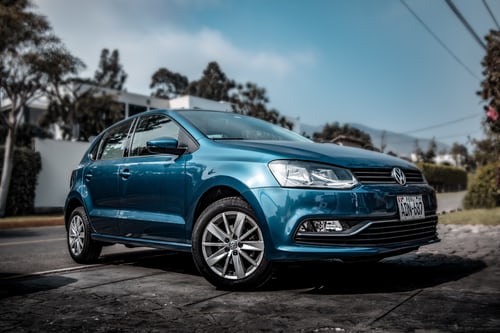PLANNING TO BUY YOUR FIRST CAR, HERE IS ALL YOU NEED TO KNOW
Everyone enjoys the freedom that a first car can provide, but it also comes with a lot of responsibilities. Even if they find a way to pay for the car, they must be prepared for considerable expenses. There’s gas, servicing, repairs, licensing, taxes, and other costs to consider. Purchasing your first car is a thrilling and liberating experience, but all of that independence comes at a cost that you must be certain you can afford. Take your time in making your decision and be aware of what to search for to guarantee years of commuting delight.
But making this big first buying decision can be very daunting and make your head spin round and round. But fear not, as we are here to help you make your first car purchasing process very smooth and effective. We are going to tell you everything you need to keep in your mind while purchasing your first car. So, let’s get started:
- SET UP A BUDGET:
The first step in purchasing an automobile is to establish a budget. This will allow you to filter your search to automobiles within your price bracket before falling in love with one that will cost you a fortune. To begin creating a budget, tally together all of your monthly income and spending. Make a note of whether your expenditures are fixed (such as rent, bills, or loan payments) or flexible (such as going out to eat or purchasing new things). Once you’ve calculated your spending, you’ll likely notice several places where you can drastically cut, giving you extra money to put toward your monthly auto payment.
- CONDUCT A THOROUGH RESEARCH:
Once you’ve determined your budget, do some investigation to see which automobiles in your price bracket meet your requirements. Online research at local dealer websites or automotive websites will give you a decent indication of the amount you may expect to pay. Also, consider your requirements. These are the qualities that your first car should have for your life to operate well. Remember that your necessities should always be kept distinct from your desires. For instance, do you require:
- Excellent fuel consumption to stay below your monthly budget?
- enough space for more passengers or luggage?
- For snowy weather, all-wheel drive?
- An automobile that has already been registered and has legal private number plates?
Make a list of them and keep to it as you investigate and shop.
- DO YOUR HOMEWORK PROPERLY:
You are aware of what you require. You must now determine where you will purchase your first automobile. This step is simple if you’re buying from a friend or neighbour. Just make sure to respect all applicable local regulations regarding:
- A bill of exchange
- Transfer of ownership
- The sales tax
- Insurance
- The process of registering
The most crucial thing for a first-time automobile buyer to do is research. Because of the Internet and other sources, you have access to a wealth of information. Use them all to avoid unforeseen problems later on. Don’t forget about the test drive. A detailed test drive will take you along bumpy country roads and up to high highway speed so you can get a sense of the car’s potential and determine if it’s a suitable fit for you. Don’t feel rushed to complete this stage; it could save you from remorse later on.
- CONSIDER THE FINANCING OPTIONS:
People are typically hesitant to finance a car with an auto loan because they expect to obtain a good offer on inflation rates from the car dealer. One method to gain an advantage is to have your finance in place before you begin purchasing. This allows you to ensure that your loan has an interest rate that you are satisfied with.
Unless you have exceptional credit and are purchasing a brand-new automobile with specialized interest rates, you will most likely not be able to receive a better financing deal from the vehicle dealer than you can from your bank. Having your funding in hand allows you to avoid being pitched unnecessary services and “add-ons.”
- CONSIDER BUYING A USED VEHICLE:
A new car loses 11 percent of its worth the instant you drive it off the lot. Every year over the next five years, the car loses value by 15% to 25%. After five years, an automobile is only worth 37% of what you decided to pay for it. If you took out a loan to purchase a new automobile, depreciation means you’ll almost certainly owe more than what the car is worth as soon as you turn the key and speed away. That’s bad if you need to sell it later and discover you owe more than any buyer will pay. When you buy a used car, you are paying for a vehicle that has already experienced arbitrary devaluation. This implies you won’t have to pay a premium for just the “new car scent.”
CONCLUSION:
So, this is it. The above-mentioned tips will be very helpful to everyone planning to purchase their very own car for the first time. Purchasing a car is a big investment, and if you’re a first-time purchaser, there are a few things you should know before going to the showroom.

